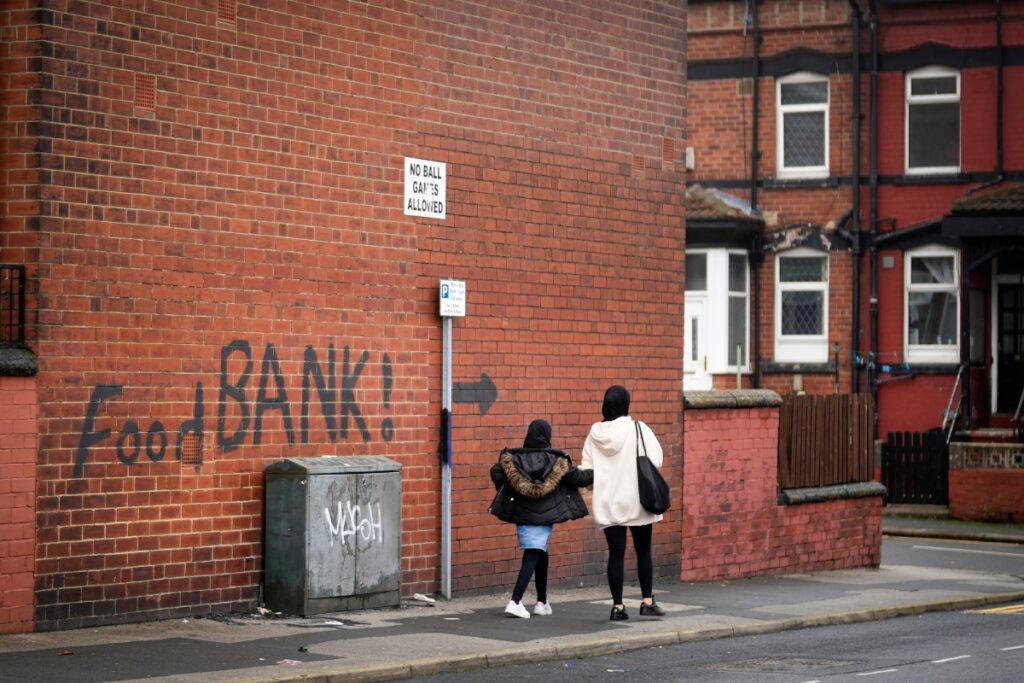On 22 January 1924, the UK elected its first Labour government. A hundred years later, the UK seems ready to elect its 12th. The stench of defeat reeks from UK Prime Minister Rishi Sunak’s Conservative government. After 14 yearsin power, the Conservative party is ideologically exhausted as its major policies are discredited.
Conservative austerity policies -cutting public spending to reduce national debt- has severely damaged public services. Children are being sent home from schools as buildings may collapse. Some seven million people are on hospital waiting lists for non-emergency treatment. Accident and emergency services are so overwhelmed that patients (like my father before Christmas) wait for hours in ambulances and hospital corridors. Some local councils, including Birmingham City council, Europe’s largest, have declared bankruptcy. Many others are at risk. The criminal courts have a backlog of almost 90,000 cases. Poor conditions in public services have prompted doctors, nurses, lawyers and teachers to go on strike, many for the first time. Austerity has not reduced the UK’s national debt, which since 2010has risen from 64.7% to 97.1% of GDP.

Tax cuts for the better off have increased the UK’s national debt and contributed to socially corrosive levels of inequality. Some 14 million people live in poverty in one of the richest countries in the world, and increasingly, young middle-class professionals, such as doctors, lawyers, journalists, teachers and engineers, can no longer afford to buy a home.
Privatisation has failed to deliver better services and lower prices. Private railway companies operate expensive but unreliable and crowded trains. Private water companies pump sewage into rivers and the sea. Private energy companies have increased their prices to the extent that millions of families face the choice of heating or eating. But these companies continue to make profits.
Brexit (the UK’s departure from the European Union),a flagship Conservative government policy, has delivered none of its promised benefits. Instead, it has damaged the UK economy, by increasing the cost of trade, and undermined its political union, by strengthening supporters of Scottish independence and by separating Northern Ireland, which remains in the EU’s Single Market for goods, from the rest of the UK economy.
The narrative
However, despite the evident failures of 14 years of Conservative government and a lead of around 20 points in the opinion polls, the opposition Labour party, is reluctant to outline any alternative programme for change.
The incompetence of former prime ministers Boris Johnson, who lied about parties during Covid, and Liz Truss, whose attempt to cut taxes crashed the economy, as well as broken promises of Brexit’s benefits, have created widespread scepticism. This makes the Labour party fearful of offering hope to the British people. But this fear is made worse by a strong narrative that holds the Labour party captive. A narrative that maintains that, although things are awful, the present conservative orthodoxy is the UK’s only choice, as any change would only make things even worse.
UK public services are starved of investment. The narrative argues that this is necessary because there is no money to spend on improving them because national debt is too high. A reckless Labour government that borrowed money to invest would create a debt crisis like that in Greece in 2010. It would, so the narrative tells us, destroy the economy.
Similarly, tax rates, although low by European standards are currently, for the UK, historically high. According to the narrative, if a Labour government raises taxes, it will discourage private sector investment, cost jobs and, do not forget, destroy the economy. Raising taxes on asset wealth such as dividends, property or inheritance, which are owned mainly by the rich, and are taxed at lower rates than wages, the narrative insists, would be unfair, if not immoral.
Although government played a vital role in keeping people safe, supporting the economy and developing and delivering vaccines during the Covid pandemic, the narrative insists that a stronger state and publicly owned utilities that focus on people and not profits are, by definition, inefficient bureaucracies. They would only raise costs, restrain initiative and, you guessed it, destroy the economy.
This narrative has been influential in the UK for more than 40 years. Preached by the UK’s right-wing dominated media, it helped elect Conservative governments in 1992 and 2015, when Labour was expected to win. In 2019, right-wing media attacks on the then Labour party leader, Jeremy Corbyn, persuaded people that Boris Johnson would be a more trustworthy prime minister. Who knew?

With an election due, the right-wing media is busy and the narrative over borrowing and public spending has already forced the Labour party to backtrack over plans to invest in green growth. The narrative has also characterised Labour’s modest proposal to impose VAT on private school fees as a vicious attack on hard-working families who only want the best for their children. In fact, only 7% of children in the UK are privately educated, mostly from wealthy families.
Given the past success of the narrative, Labour’s cautious approach to the election is understandable. The downside is that if Labour is not offering an alternative, it makes the next election a negative one, where people vote against the Conservatives rather than for Labour. That may work but the fear of giving people hope that things can be different means that the narrative wins. Itconcedes the argument that the Conservative approach is the only one, in which case, what’s the point of voting Labour?
If Labour wins the next election and, despite everything, it should, when in government it must change, or at least challenge the narrative and its many falsehoods. If after four or five years of a Labour government people have not experienced, or at least sensed, some sort of material improvement in their lives, the backlash will be severe. A hard-right Conservative party will likely be waiting in the wings and the failed policies of the last 14 years, supported by the narrative, will return with a vengeance. Fear will again defeat hope.


